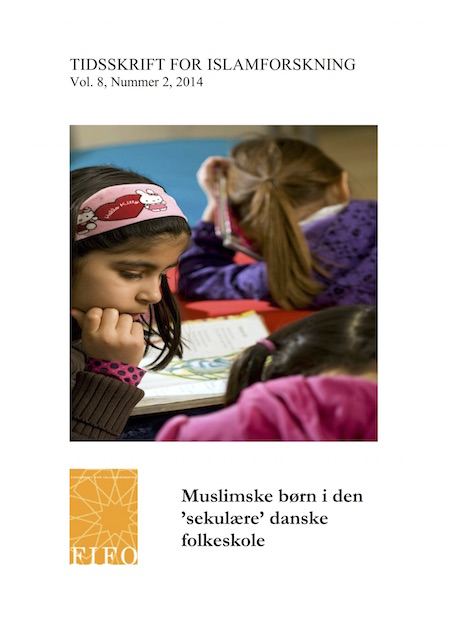Religionens mange dimensioner: Skoleteologi og muslimske børn i en dansk provinsskole
DOI:
https://doi.org/10.7146/tifo.v8i2.25337Keywords:
folkeskolen, muslimer, teologi, provinsen,Abstract
This article is based on fieldwork with young Muslim refugees from Iraq, Iran and Afghanistan, who attend small-town schools in the Danish countryside. The article explores the Danish schools’ ’mixed bag’ approach to religious education. Drawing on theology, philosophy, cultural history and the sociology of religion, the national curriculum privileges evangelical Lutheran Christianity while postulating a universal ’religious dimension’ in people’s lives. The article discusses how this school theology that highlights a common human religious attitude simultaneously excludes any serious discussion of a child’s relationship with God and the many other dimensions of religion that impact the lives of Muslim refugee children. While reporting that they enjoy learning about Christianity, Muslim children also feel compelled by God, family, classmates and their teacher’s lack of knowledge of Islam to find and hold on to their own religious convictions. In this they are surprisingly little helped by a subject designed to get at the religious dimension in people’s lives.Downloads
Published
2017-02-05
How to Cite
Anderson, S. (2017). Religionens mange dimensioner: Skoleteologi og muslimske børn i en dansk provinsskole. Scandinavian Journal of Islamic Studies, 8(2), 77–100. https://doi.org/10.7146/tifo.v8i2.25337
Issue
Section
Articles: Thematic section
License
Scandinavian Journal of Islamic Studies publish under creative commons license BY-NC-SA.





